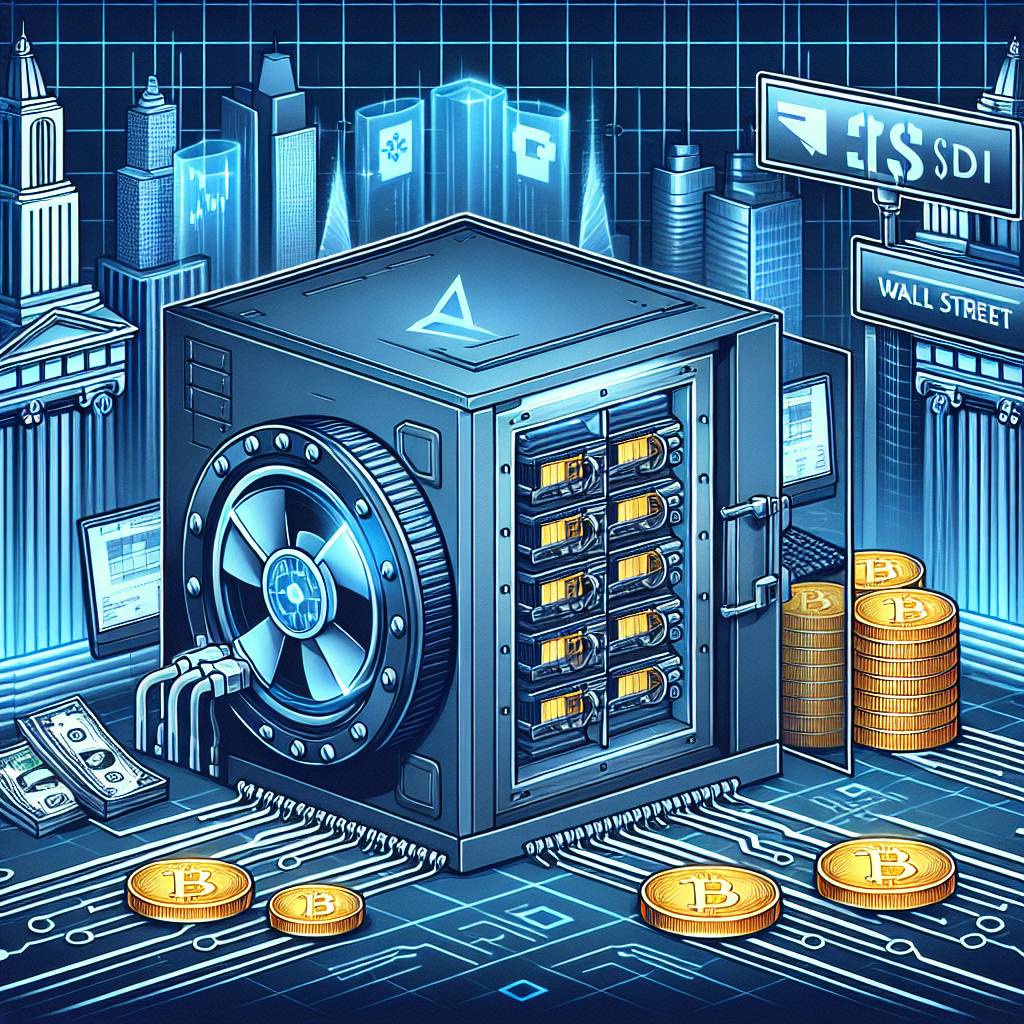How to securely store and protect my cryptocurrency assets?
I want to ensure the safety of my cryptocurrency assets. What are the best practices for securely storing and protecting them?

3 answers
- One of the most important aspects of securely storing and protecting your cryptocurrency assets is to use a hardware wallet. Hardware wallets are physical devices that store your private keys offline, making them less vulnerable to hacking or online attacks. They provide an extra layer of security by keeping your private keys isolated from your computer or smartphone. Some popular hardware wallets include Ledger Nano S and Trezor. Make sure to purchase your hardware wallet from a reputable source and follow the manufacturer's instructions for setting it up and using it securely. Remember to keep your hardware wallet and recovery seed phrase in a safe place, preferably in a fireproof and waterproof safe. It's also a good idea to regularly update the firmware of your hardware wallet to ensure it has the latest security features and patches any vulnerabilities. Another important practice is to enable two-factor authentication (2FA) on all your cryptocurrency accounts. 2FA adds an extra layer of security by requiring you to provide a second form of verification, such as a code generated by an app on your smartphone, in addition to your password. This helps protect your accounts even if your password is compromised. Most cryptocurrency exchanges and wallets offer 2FA options, so make sure to enable it wherever possible. Additionally, it's crucial to be cautious of phishing attempts and malware. Phishing is a common tactic used by hackers to trick users into revealing their login credentials or private keys. Always double-check the URL of the website you're visiting and never click on suspicious links or download files from unknown sources. Keep your computer and smartphone's operating system and antivirus software up to date to protect against malware and other security threats. Lastly, consider using a virtual private network (VPN) when accessing your cryptocurrency accounts to encrypt your internet connection and add an extra layer of privacy and security. Remember, the security of your cryptocurrency assets is your responsibility. By following these best practices and staying vigilant, you can greatly reduce the risk of theft or loss of your assets.
 Jan 27, 2022 · 3 years ago
Jan 27, 2022 · 3 years ago - When it comes to securely storing and protecting your cryptocurrency assets, a hardware wallet is highly recommended. These physical devices store your private keys offline, making them less susceptible to hacking or online attacks. By keeping your private keys isolated from your computer or smartphone, hardware wallets provide an additional layer of security. Popular hardware wallets like Ledger Nano S and Trezor offer user-friendly interfaces and robust security features. It's important to purchase your hardware wallet from a trusted source and follow the setup instructions carefully. Remember to keep your hardware wallet and recovery seed phrase in a safe place, such as a secure safe or safety deposit box. Regularly updating the firmware of your hardware wallet is also crucial to ensure it has the latest security enhancements. Another essential practice is to enable two-factor authentication (2FA) on all your cryptocurrency accounts. This adds an extra layer of security by requiring you to provide a second form of verification, such as a code generated by an app on your smartphone, in addition to your password. Most cryptocurrency exchanges and wallets offer 2FA options, so take advantage of this feature to protect your accounts. In addition to hardware wallets and 2FA, it's important to be cautious of phishing attempts and malware. Phishing attacks are common in the cryptocurrency space, where scammers try to trick users into revealing their login credentials or private keys. Always double-check the website's URL and avoid clicking on suspicious links or downloading files from unknown sources. Keeping your computer and smartphone's software up to date and using reputable antivirus software can help protect against malware and other security threats. Lastly, consider using a virtual private network (VPN) when accessing your cryptocurrency accounts to encrypt your internet connection and enhance your privacy. By following these best practices and staying informed about the latest security measures, you can ensure the safety of your cryptocurrency assets.
 Jan 27, 2022 · 3 years ago
Jan 27, 2022 · 3 years ago - At BYDFi, we understand the importance of securely storing and protecting your cryptocurrency assets. One of the best ways to achieve this is by using a hardware wallet. Hardware wallets are physical devices that store your private keys offline, providing an extra layer of security. They are designed to be resistant to hacking and online attacks, making them a reliable choice for storing your assets. Ledger Nano S and Trezor are two popular hardware wallet options that offer advanced security features and user-friendly interfaces. Remember to purchase your hardware wallet from a trusted source and keep it in a safe place, such as a secure safe or safety deposit box. Additionally, enabling two-factor authentication (2FA) on your cryptocurrency accounts adds an extra layer of security. This requires you to provide a second form of verification, such as a code generated by an app on your smartphone, in addition to your password. Most cryptocurrency exchanges and wallets offer 2FA options, so make sure to enable it wherever possible. Being cautious of phishing attempts and malware is also crucial. Phishing attacks are common in the cryptocurrency space, where scammers try to trick users into revealing their login credentials or private keys. Always double-check the website's URL and avoid clicking on suspicious links or downloading files from unknown sources. Keeping your computer and smartphone's software up to date and using reputable antivirus software can help protect against malware and other security threats. Lastly, consider using a virtual private network (VPN) when accessing your cryptocurrency accounts to encrypt your internet connection and enhance your privacy. By following these best practices, you can ensure the security of your cryptocurrency assets.
 Jan 27, 2022 · 3 years ago
Jan 27, 2022 · 3 years ago
Related Tags
Hot Questions
- 86
What are the best digital currencies to invest in right now?
- 68
What are the best practices for reporting cryptocurrency on my taxes?
- 59
How can I buy Bitcoin with a credit card?
- 50
What is the future of blockchain technology?
- 33
What are the tax implications of using cryptocurrency?
- 28
How does cryptocurrency affect my tax return?
- 28
How can I protect my digital assets from hackers?
- 21
Are there any special tax rules for crypto investors?